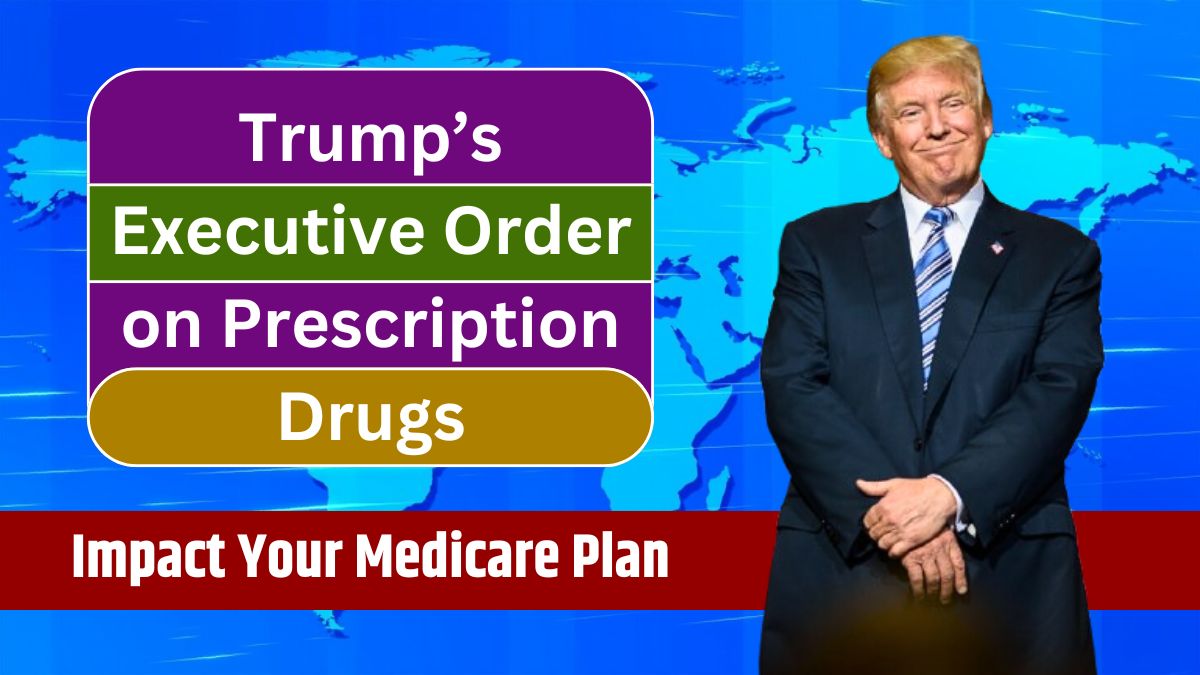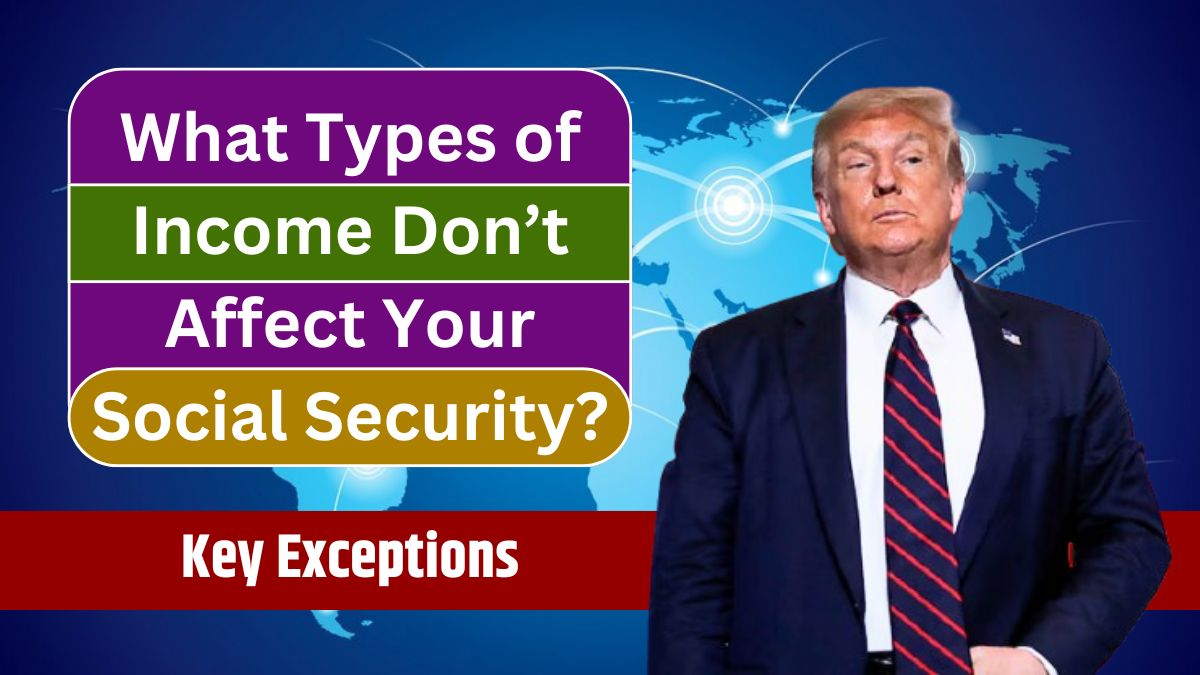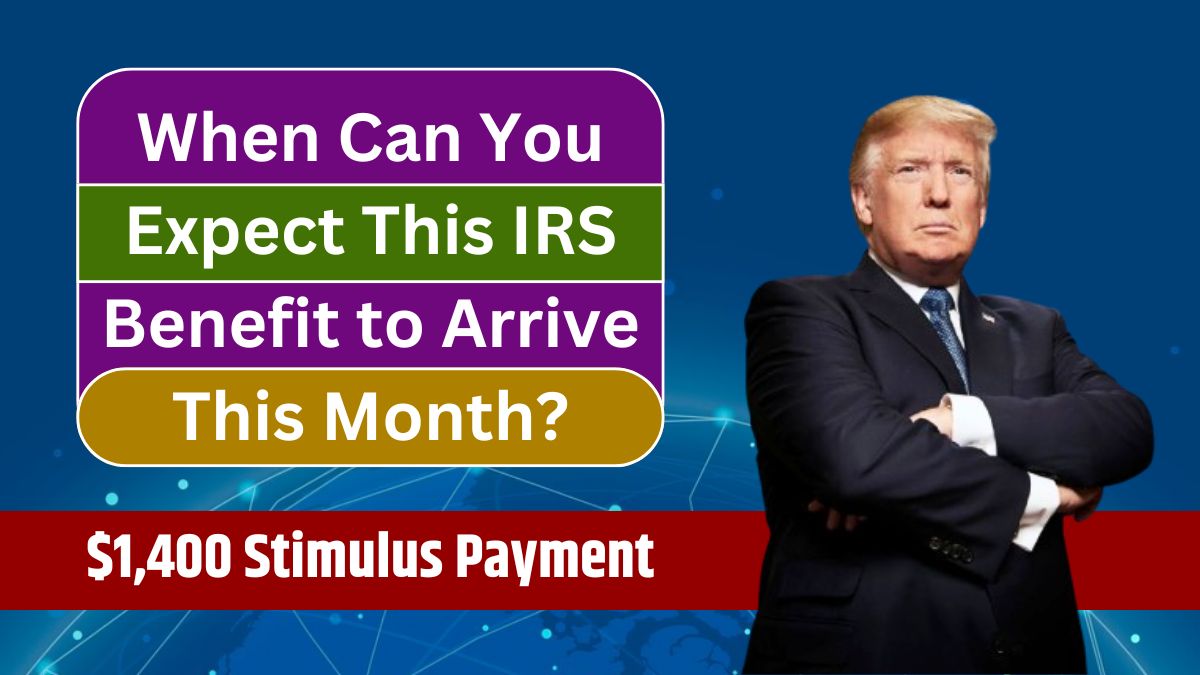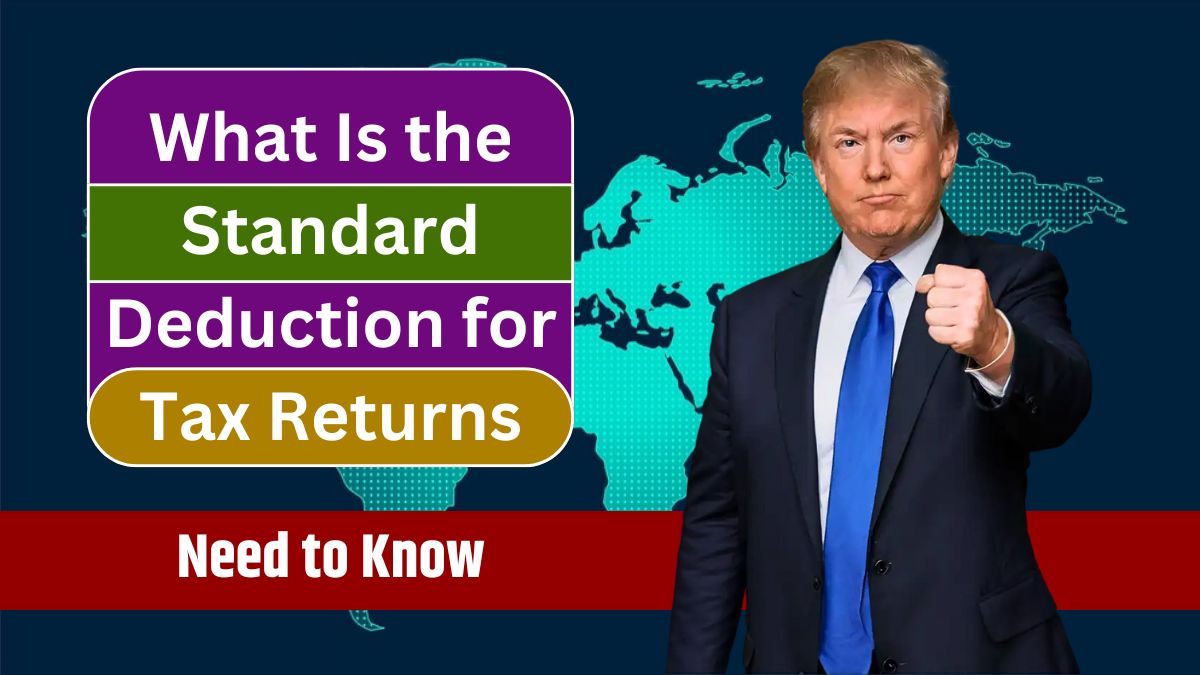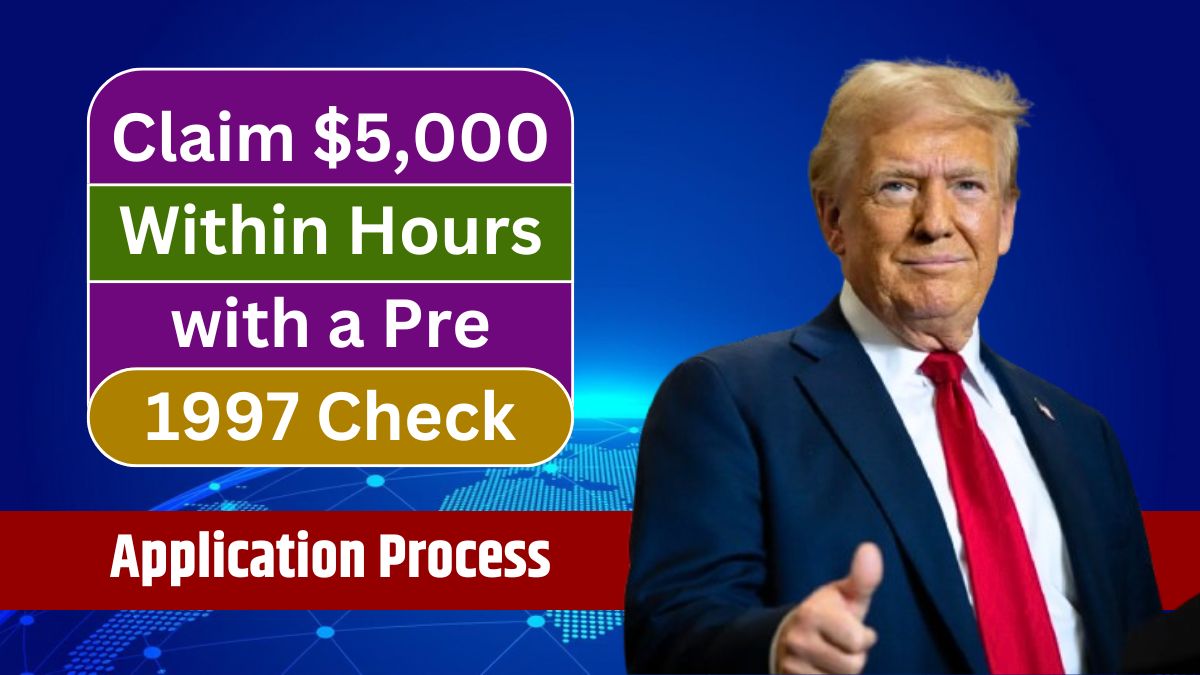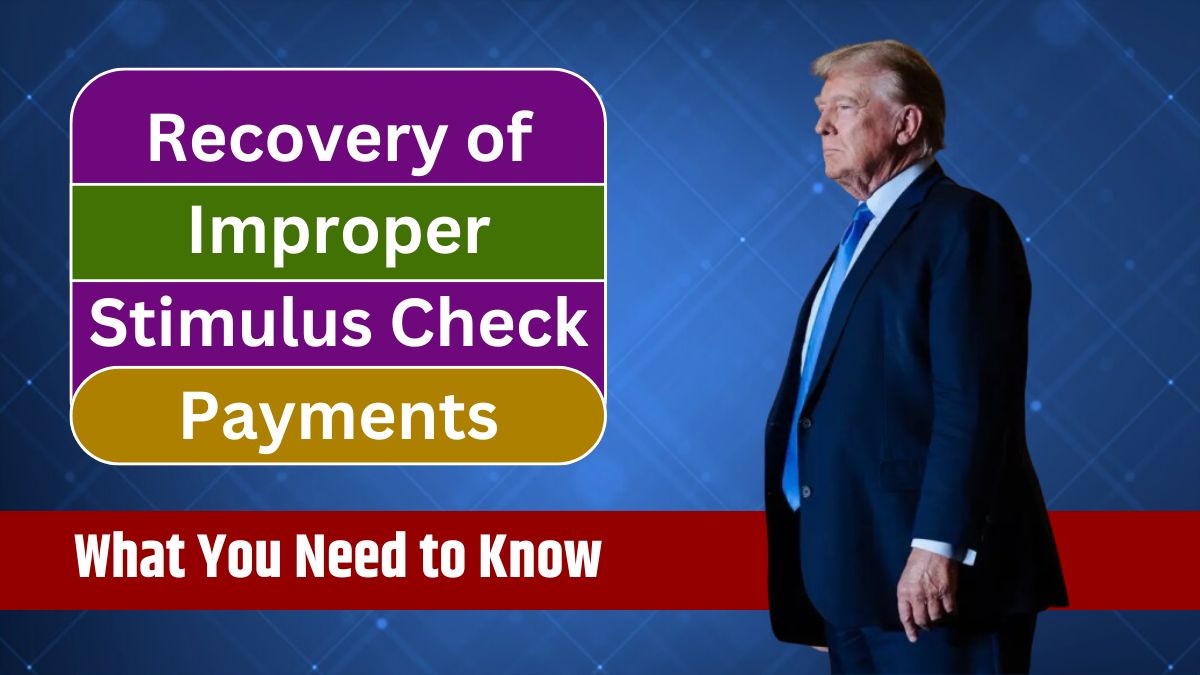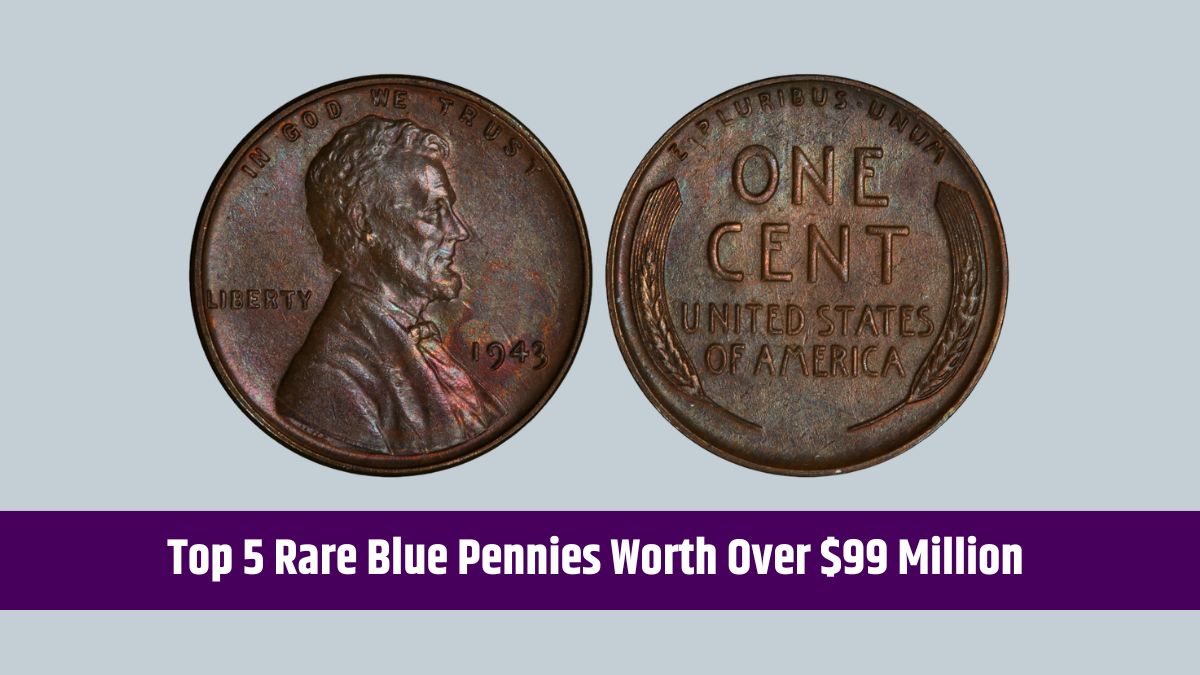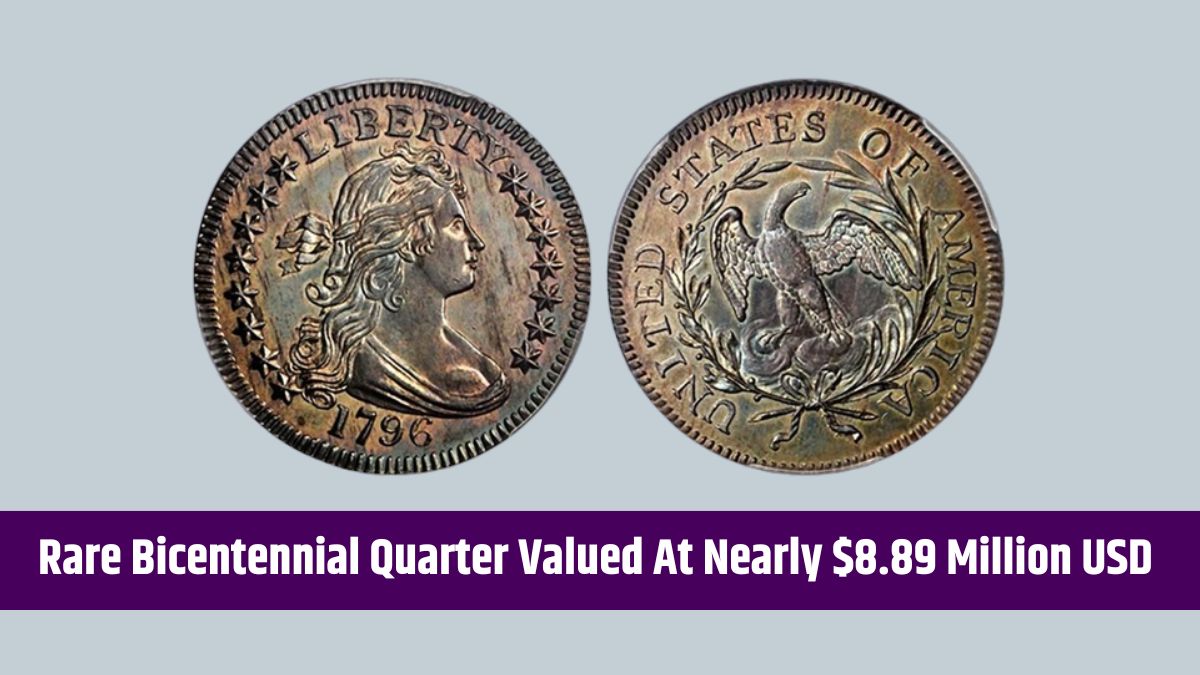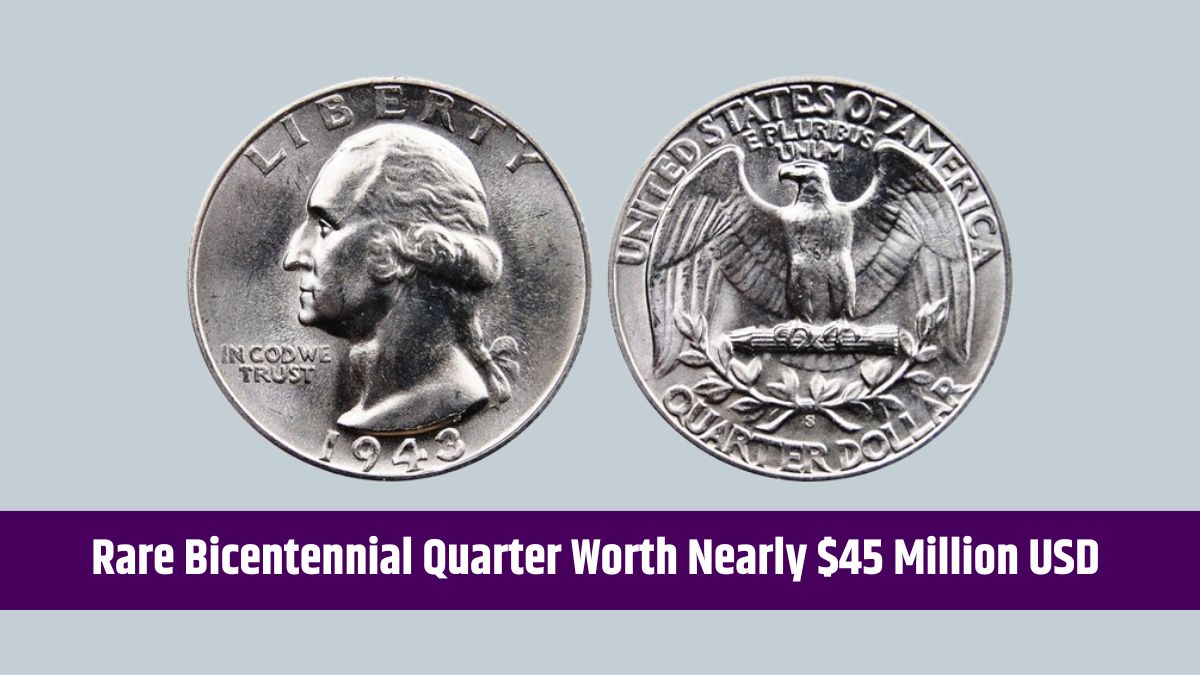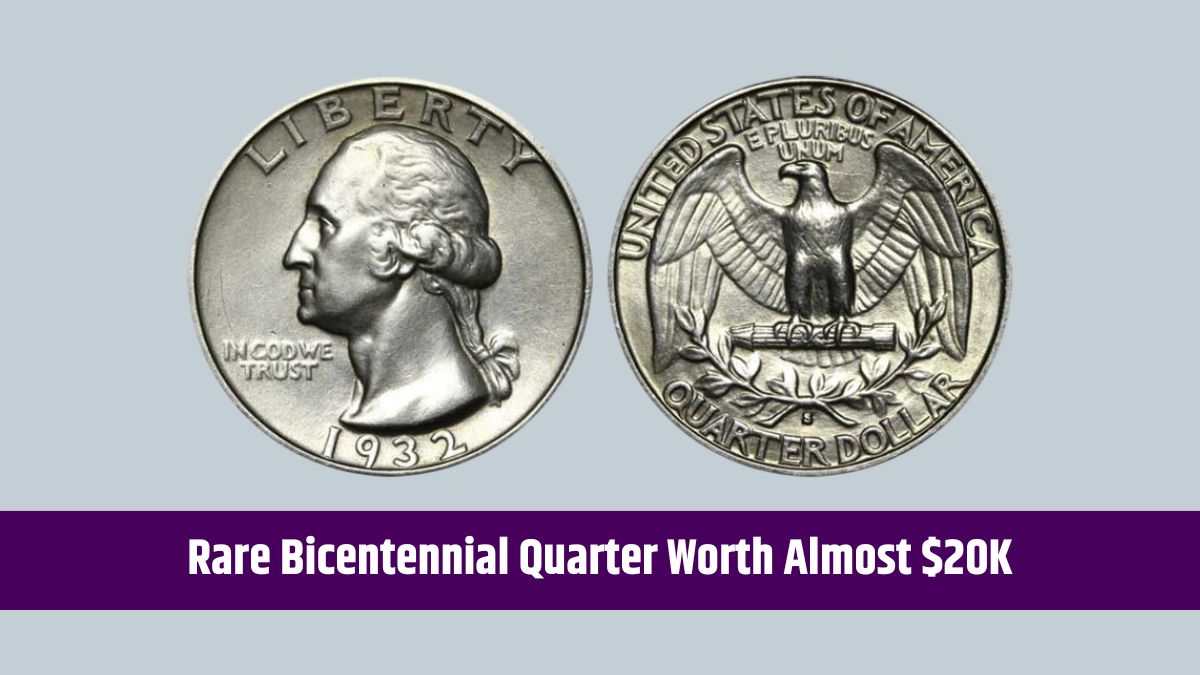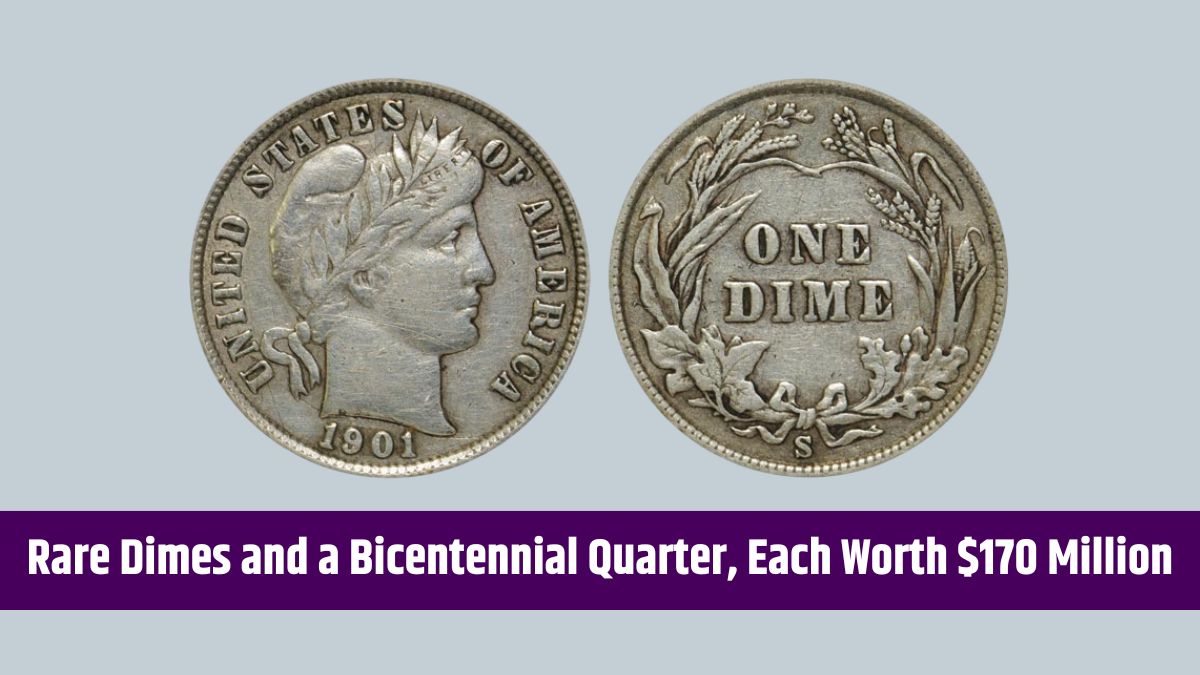In his first week back in office, President Donald Trump has wasted no time making sweeping changes, including rescinding Executive Order 14087 signed by former President Joe Biden. This executive order had aimed to tackle high drug prices and improve affordability for millions of Americans.
While the executive order was a cornerstone of Biden’s healthcare initiatives, Trump’s decision signals a shift in priorities, sparking significant debate about the implications for healthcare in the United States.
Biden’s Medicaid Drug Cost Initiative
When Executive Order 14087 was signed in 2022, its primary goal was to reduce the financial burden of prescription drugs for Americans. It sought to:
- Cap Generic Drug Costs: Proposed setting a cap of $2 per month for certain generic medications.
- Medicare Drug Cost Studies: Pushed Medicare to explore options for reducing drug costs further.
- Address Prescription Affordability: Targeted the rising cost of prescription drugs that forced many Americans to ration or skip medications.
Biden highlighted that one in four Americans struggled to afford prescription drugs, with nearly 30% of adults rationing or skipping doses due to cost. The order was seen as a critical step in making medications more affordable for the average citizen.
Trump’s Repeal
President Trump labeled Biden’s drug cost policies as “radical” and “deeply unpopular” while rescinding the executive order. This decision has raised significant concerns about the future of drug affordability in the U.S.
Immediate Effects
- Interruption of Drug Price Programs: Progress made under Biden’s initiative to lower prescription drug costs may stall or be rolled back entirely.
- Higher Personal Costs: Americans relying on Medicare and Medicaid could face increased out-of-pocket expenses for their medications.
- Uncertainty in Drug Price Strategies: The repeal casts doubt on the administration’s plans for tackling the larger issue of rising drug costs.
While the laws governing Medicare and Medicaid remain intact, the lack of executive direction could leave these programs vulnerable to cost increases over time.
Political Reactions
The decision has sparked strong reactions from both parties:
- Democratic Criticism:
Alex Floyd, Democratic National Committee’s director of rapid response, accused Trump of prioritizing the wealthy over everyday Americans. He stated, “Trump is proving once again that he lied to the American people and doesn’t care about lowering costs, just what’s best for himself and his ultra-wealthy friends.” - Republican Defense:
Trump and his administration argue that the decision allows for more flexible allocation of funds and a focus on “more effective” healthcare strategies, though specifics have yet to be revealed.
Broader Impact
The repeal could lead to higher prescription costs for the Medicare and Medicaid population, including seniors and low-income families. Without the protective measures from Biden’s order, these groups may feel the strain of escalating drug prices.
On the Healthcare Landscape
The rollback also creates uncertainty about the administration’s approach to managing healthcare costs, particularly for those relying on generic drugs and essential medications.
Future Outlook
While Trump’s priorities seem to diverge significantly from Biden’s healthcare agenda, the rising cost of prescription drugs remains a pressing issue. The absence of immediate solutions raises concerns about whether the administration will introduce alternative measures to address affordability.
For now, many Americans may brace themselves for higher drug prices and uncertainty around future healthcare reforms.
FAQs
What was Biden’s Executive Order 14087?
It aimed to reduce drug costs, including capping certain generics at $2/month.
Why did Trump rescind the order?
Trump criticized the order as ‘radical’ and shifted priorities for healthcare funds.
How will this impact Medicare users?
Users may face higher personal costs due to stalled progress on drug price reductions.
Are there alternative plans for lowering drug costs?
The administration has yet to announce new strategies for addressing drug prices.
Who will be most affected by this decision?
Medicare and Medicaid users, especially seniors and low-income families, will likely bear the brunt of higher drug costs.
